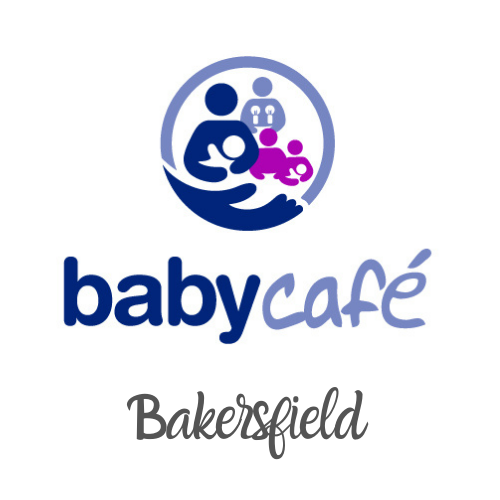We are assisting many parents who are impacted by the formula shortage.
Our staff are all parents (some are grandparents & great-grandparents as well!) and we understand in our guts the fear that can accompany the thought that one cannot feed their own baby.
In fact, as International Board Certified Lactation Consultants (IBCLCs), we have dedicated our lives to ensuring that families have the information and clinical support they need to feed their babies. Our scope of practice requires us to be skilled in supporting breastfeeding, expressing milk, bottle feeding, and the safe preparation and feeding of infant formula.
There are many ways in which we can assist during this crisis.
If you or someone you know are pregnant and looking to obtain the education and information you need to ensure that breastfeeding works smoothly right from the start, we provide that.
If you are currently breastfeeding and/or pumping, we can help with optimizing your milk production so that you don’t have to rely on formula.
If you have stopped breastfeeding, and/or are seeking support with bringing back your milk production (called relactation); we help with that as well. It’s important to know that relactation is not a quick fix and it takes time (sometimes weeks or months) to accomplish. If you are working on relactation, please contact us for individualized guidance in your specific situation (before you rush to buy any products or things that people tell you about to “make more milk.”)
We have also spoken with parents who stopped breastfeeding and don’t want to or cannot resume, and we work with them individually to consider resources they may not have thought of, such as informal milk sharing (there are guidelines to use to help ensure safety, and milk can be flash pasteurized relatively easily in the home), donor milk from a milk bank, WIC, and their pediatrician’s office.
It is vital that we emphasize that people check with WIC, especially if they aren’t sure if they are eligible or have never registered. WIC makes it easy for families to register and obtain formula supplies if needed. We should also emphasize that families should refrain from hoarding formula, especially if they don’t need it. Babies under 6 months are most at risk because they can only have safely prepared infant formula.
Both the American Academy of Pediatrics and the Academy of Breastfeeding Medicine have issued comprehensive statements to assist with this situation. They have both indicated that for babies older than 6 months, whole cow’s milk can be used in place of formula on a TEMPORARY basis. Formulas marketed for toddlers can be used only for babies 11 months or older. No other animal milks should be used, unpasteurized (raw) milks should never be used, and infant formula should never be prepared with more water than indicated in the instructions on the packaging. Homemade formulas are dangerous and should not be used.
Many families are not aware (because of unethical formula marketing practices) that all infant formulas, regardless of brand, are required to contain the exact same nutritional components. Brands and proprietary ingredients (such as “comfort milks” for colic) are simply marketing tools. Most babies are able to be fed any standard infant formula, including generic or store brands, regardless of what they have previously been fed. (Babies who are using preterm formula or formula for medical or metabolic disorders should not be tried on different formulas without a physician’s guidance.)
Many times we find that there are solutions families have not considered, and we are committed to working with families on a case-by-case basis to create a plan.
We are also concerned as a group about the lack of structural supports for breastfeeding in our community which have led to consistently low numbers of mothers being able to fulfill their own breastfeeding goals.
We should be supporting, encouraging, and actually facilitating breastfeeding for optimal health of mothers and babies, but in reality we find that many health care providers locally are quick to recommend infant formula which, we are being reminded in this crisis, is a commercial product subject to the whims and effects of the market and other factors.
Baby Cafe Bakersfield is a project of Central Valley Lactation Association, and we work to support families of babies and those who provide health care services to them through continuing education opportunities.
We strongly encourage any parent who is concerned about finding or providing food for their baby to contact us as soon as possible for guidance. We help with all types of feeding and all ages of babies, free of charge.
You can be connected with a Baby Café Bakersfield IBCLC by using the Connect form here at this link: Connect
